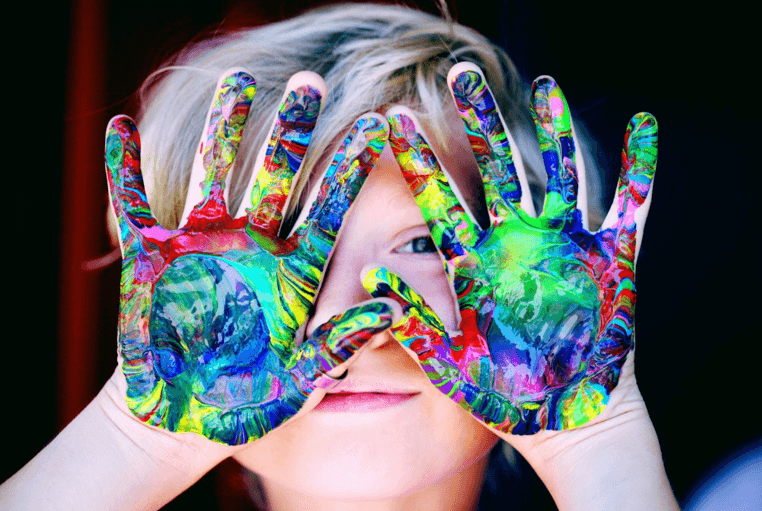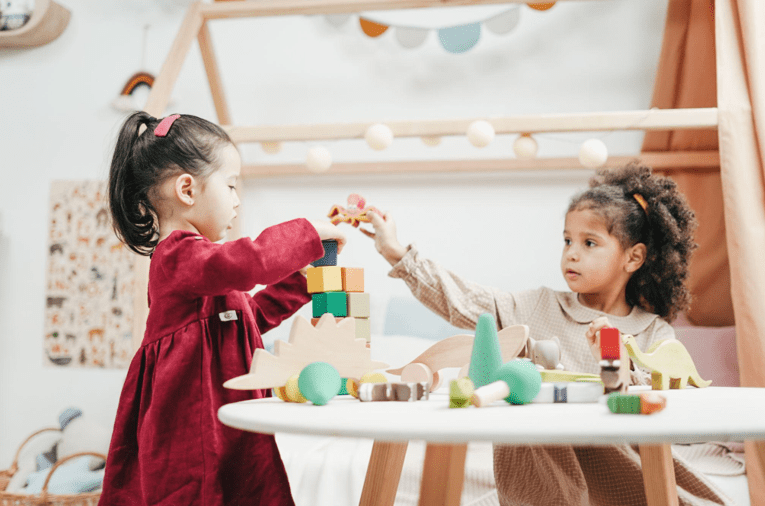A child’s fundamental needs are simply one aspect of an all-encompassing approach to childcare. It aims to address each child’s needs in an assortment of ways and is sensitive, loving, and personalized.
All facets of a child’s life will be considered in a holistic daycare environment. Caregivers become aware of the many ways children learn as a result. It goes hand in hand with a learning strategy centered on play because well-trained educators guide children’s energy into constructive physical activities which merge fun with learning. Get answers to your questions by checking out daycare kellyville ridge.
Adelaide Childcare: What You Need To Know
Every kid is special and may require a different approach to care in a holistic daycare setting. While some kids could benefit from becoming more active, others might prefer to connect at a slower pace. To have a closer look at what this type of childcare entails, visit www.emali.com.au/ and have a peek at the program details.
One child can have unique requirements that call for extra care, while another might find it difficult to communicate their educational demands. Because of this, it’s critical that each kid get tailored care in order to enable them to feel confident using their skill sets.
In the end, this kind of methodology may assist kids in growing stronger bonds with their parents or other primary caregivers as well as superior social abilities. Children who express themselves in an approach that is appreciated and inclusive are better equipped to develop their confidence.
• Holistic Childcare Views Children As Whole Beings
Realizing each kid as a person unlocks learning’s full potential. Caretakers can look at each child’s unique emotional, physical, and social requirements by concentrating on all aspects of a child’s development.
The key to fostering an inclusive childcare setting where kids may become their best selves is being able to recognize them. Experienced caregivers must be able to assess each kid’s requirements in order to change the child-rearing dynamic in a way that promotes growth.
• The Holistic Approach May Not Fit Every Situation Exactly
A comprehensive approach’s flexibility in adjusting the environment to each child’s requirements is one of its most crucial features. Instead of being placed in a predetermined setting, kids join another that is tailored to their needs and interests. A child’s development in all areas is the emphasis of an integrated approach to childcare, which includes:
● By utilizing the best caregiving methods and play-based learning, a child’s emotional needs are satisfied.
● Allowing kids to explore their surroundings and engage with other kids in a secure setting satisfies their social needs.
● A developing timetable that prioritizes mobility within the classroom and ideal outside time, including nature into the environment where possible, satisfies a child’s physical demands.
Why Early Learning Is Improving Children’s Lives
“Holistic” is a phrase that is increasingly being used to describe high-quality childcare facilities in the area of childcare. ‘Holistic’ and ‘interconnected’ are synonymous terms because the caregivers understand that the abilities kids gain in early childcare apply to every aspect of their life. Click here for more information on early childhood education and the benefits for children.
What drives the objectives to foster a child’s overall growth is the quality attention given to the development of each skill, interest, and ability.
Each kid is assisted in developing at their own rate via a holistic preschool program. Book a tour of the facilities of a center near you if you’d like to see the way that they incorporate holistic ideas into their programs.
Children are learning all the time. The correct direction in the manner of high-quality, appropriate early childhood education may have a significant and long-lasting impact on everything the child does.
Children’s as well as adults’ academic and intramural success is not just a function of their overall skills. The teaching of young children is crucial.
Preschoolers must first acquire knowledge on how to interact with others, which leads to sharing and creating connections in addition to the acquisition of basic abilities. By beginning in toddler years, children will have a concrete base for a pleasant journey leading to adulthood.
Early childhood education and care (ECCE) encompasses more than just school readiness. It seeks to fulfill a child’s social, emotional, cognitive, and physical requirements in a holistic way in order to lay a strong and comprehensive foundation for lifetime learning and wellbeing. Future citizens that are capable, compassionate, and responsible can be raised via ECCE.
Early childhood education, or ECE for short, enables kids to develop the intellectual, emotional, and social abilities they need to succeed in school and beyond.
Examining Brain Size
Between birth and the age of five, a child’s brain develops more quickly than at any other point in their lives. Before a kid enters kindergarten, the brain has finished developing to 90% of its capacity. It is essential to make the best possible use of this period if you want to guarantee future academic success.
Development of Social Skills
Socialization during early education must include time spent away from the home. You can learn more about a child’s social and emotional wellbeing here: (https://www.aihw.gov.au/reports/children-youth/australias-children/contents/health/social-and-emotional-wellbeing). Learning to speak with others, whether or not they be classmates or teachers, may make the educational process easier in the future.
Early socialization requires adult engagement and modeling. Learning how to cooperate and share is a vital part of social life. When carried out with proper supervision, children may learn a lot from it.
Children will gain from acquiring skills outside of class in a safe learning setting and they can also greatly improve their parents’ connection with them as well as their self-confidence.
Understanding Learning’s Fun
Children are always learning, yet learning can occasionally be difficult. If they aren’t prepared for the surgery, children can lose much of their inherent enthusiasm. This might make these kids suffer in both elementary and high school.
Early childhood education specialists are adept at making learning enjoyable and interesting. Once they discover that studying can be enjoyable and gratifying, children might accept the challenges that the educational process brings and love taking an active role in their education.


